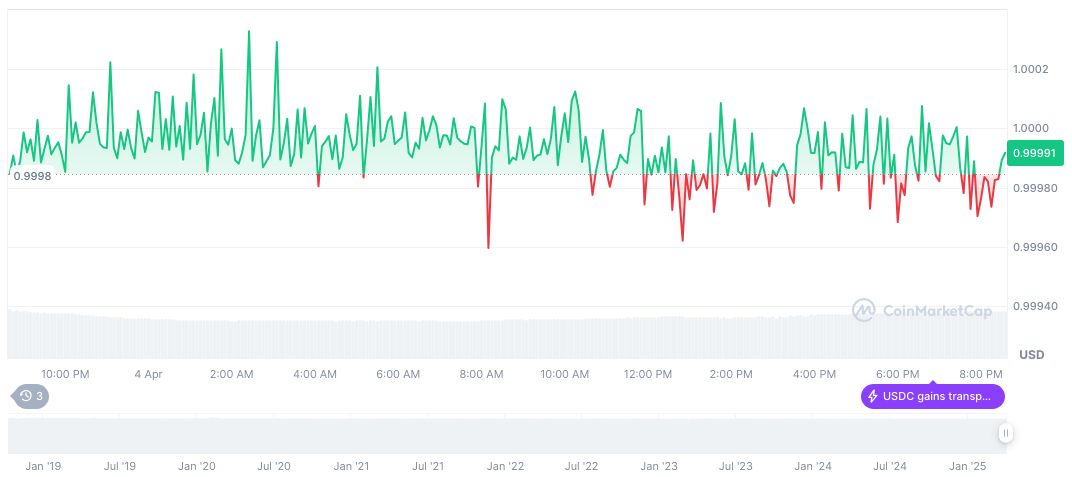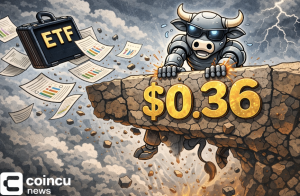- Companies delay IPOs due to global trade tensions and tariffs.
- Impact includes reduced liquidity events for pre-IPO investors.
- Market positions influenced by delayed public offerings.
According to reports, eToro Group, Circle, and Chime have decided to delay their Initial Public Offerings (IPOs) amid increasing global trade tensions and new U.S. tariff measures.
eToro Group, Circle, and other companies delay IPOs due to US tariff measures and trade tensions, affecting market strategies. The delay in IPOs for eToro Group and Circle indicates significant market hesitation. Circle’s decision brings additional scrutiny on stablecoin markets.
Circle and Chime Delay IPOs Over Market Concerns
Chime and Circle have expressed concerns over market instability, leading to postponements in their IPO processes. Circle’s wait-and-see approach reflects broader uncertainty within the fintech sector, impacting potential capital inflow.
eToro, eyeing a $5 billion valuation on Nasdaq, remains cautious. Regulatory risks and market conditions continue to shape corporate strategies amid trade tensions.
Market reactions have been mixed, especially within investor circles, which are closely monitoring these changes. Discussions on social platforms indicate divided opinions, with some seeing potential cautionary benefits and others expressing frustration over the uncertainty.
“Accessing U.S. markets provides both broader capital opportunities and greater investor interest.” — Yoni Assia, CEO of eToro Group
Stablecoin Markets Steady Amidst IPO Uncertainties
Did you know? During the COVID-19 pandemic in 2020, IPO delays were common due to market volatility, drawing parallels to today’s trade war impacts.
As reported by CoinMarketCap, USDC maintains its $1.00 peg with a market cap of $60.57 billion, showing stability amidst Circle’s IPO delay. Trading volume rose 20.55% to $14.46 billion, while price changes remain minimal over various periods, reflecting consistent on-chain demand.

Insights from Coincu indicate potential regulatory impacts and cautious market sentiment. Increased attention to stablecoins may stabilize long-term strategies, but consistent analysis of historical trends is essential for future planning.























